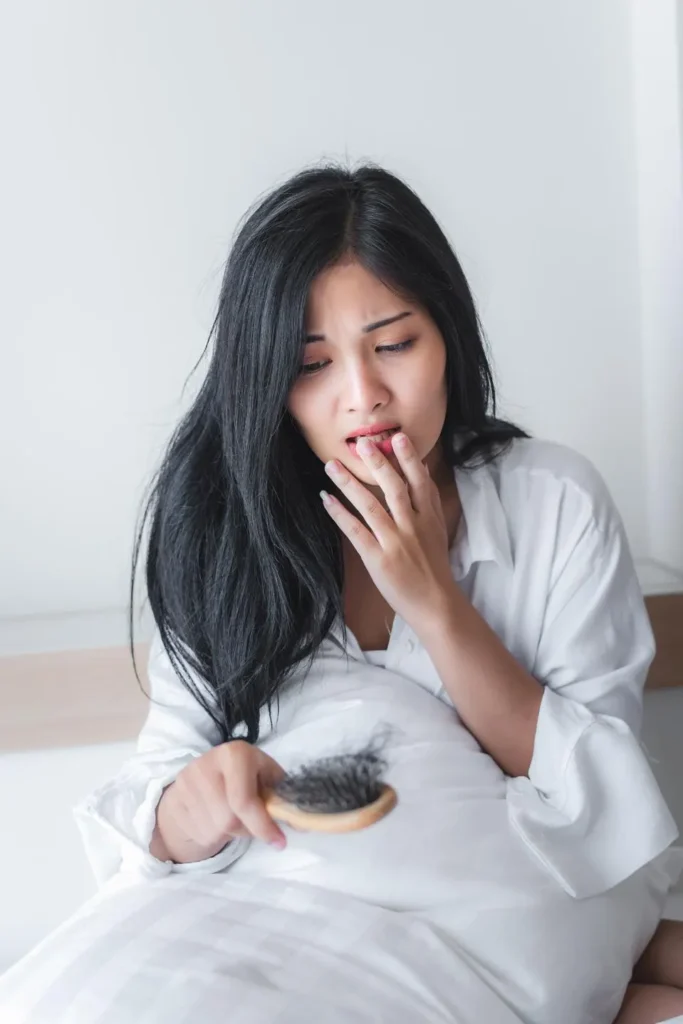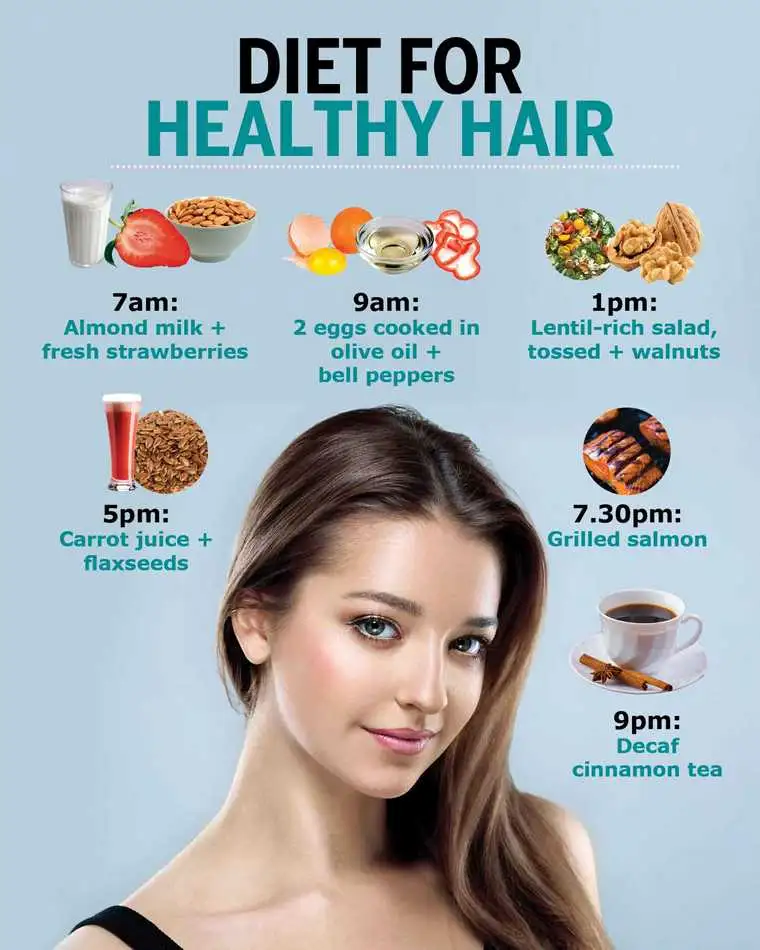Hair loss is a common concern for many people, and it can happen for a variety of reasons. While genetics, stress, and hormonal changes are often top of mind, deficiencies in essential vitamins and minerals can also play a significant role in hair loss. If you’ve noticed your hair thinning or falling out more than usual, a lack of certain nutrients might be contributing to the issue. In this article, we’ll explore which vitamin deficiency causes hair loss and how addressing these deficiencies can help restore your hair health.

Key Vitamins That Can Cause Hair Loss
Hair is a complex structure that requires a variety of vitamins and nutrients to grow and remain healthy. A deficiency in any of these can lead to hair thinning, breakage, and even bald patches. Let’s take a closer look at the essential vitamins that are crucial for hair growth and the effects of their deficiency.
Vitamin D Deficiency and Hair Loss
Vitamin D deficiency and hair loss are commonly linked. Vitamin D plays a vital role in the hair growth cycle, particularly in the anagen (growth) phase. If your body is lacking in this nutrient, it can disrupt the natural hair growth cycle and lead to hair thinning and vitamin deficiency. A hair loss specialist may recommend checking your vitamin D levels if you’re experiencing unexplained hair loss. Foods like fatty fish, egg yolks, and fortified dairy products are good sources of vitamin D.
Biotin Deficiency and Hair Loss
Biotin, also known as vitamin H, is one of the most well-known vitamins when it comes to hair follicle health. A biotin supplement for hair loss is often recommended for people experiencing thinning hair or a lack of hair strength. Biotin helps improve the keratin structure of your hair, making it stronger and more resilient. Low levels of biotin can lead to hair shedding or balding hair, so it’s important to maintain a balanced diet rich in biotin-rich foods like eggs, nuts, and leafy greens.
B12 Deficiency and Hair Loss
A B12 deficiency hair loss is another common cause of hair shedding, especially in individuals who follow a vegan or vegetarian diet. Vitamin B12 is essential for red blood cell production, which helps carry oxygen and nutrients to the hair follicles. Without sufficient B12, your hair may not receive the nutrients it needs to grow and thrive. Supplementing with B12 or eating fortified foods can help improve hair health and prevent excessive shedding.
Iron Deficiency and Hair Loss
Iron plays a critical role in carrying oxygen to your hair follicles, and a low iron and hair loss connection is well-documented. Iron deficiency can lead to hair loss deficiency where your hair growth slows or stops altogether. If you’re suffering from fatigue, pale skin, and hair thinning, it may be due to low iron levels. Iron tablets for hair growth can help restore iron levels, promoting hair growth and strength. Good sources of iron include red meat, beans, spinach, and fortified cereals.
Vitamin E Deficiency and Hair Loss
Vitamin E is a powerful antioxidant that helps improve circulation to the scalp, ensuring that hair follicles get the nutrients they need. Without enough vitamin E, hair thinning and vitamin deficiency may occur, leading to weaker strands and more hair shedding. You can get vitamin E from foods like almonds, sunflower seeds, and avocados.
How a Healthy Diet Can Prevent Hair Loss
Eating a balanced diet for hair growth that includes vitamins and nutrients for hair health is essential for preventing and addressing nutrient deficiencies that cause hair loss. Here are some key nutrients you should focus on:
- Vitamin A: Promotes healthy scalp production of sebum, which keeps your hair follicles moisturized.
- Omega-3 Fatty Acids: Found in fish, walnuts, and flaxseeds, omega-3s help support a healthy scalp and encourage hair regrowth.
- Vitamin C: Vital for collagen production, which is essential for hair structure and growth.
- Zinc: Helps keep the hair follicles healthy and contributes to tissue growth and repair.
A good diet for hair growth should include these vitamins and other nutrient-dense foods that support overall hair health. Additionally, vitamins for healthy hair follicles like biotin, vitamin D, and B12 can be taken in supplement form if your diet is lacking.

How to Restore Hair Loss Due to Vitamin Deficiency
If you’re experiencing stress hair loss condition or noticing hair loss due to stress, addressing vitamin deficiencies is crucial for regaining your hair back. Along with dietary changes, consider hair vitamins for regrowth, which contain a blend of essential nutrients that support the hair growth cycle.
Supplementing with the Right Nutrients
If you suspect a deficiency in any of the above vitamins, hair vitamins for regrowth or targeted supplements can help restore balance. Look for supplements that contain biotin, vitamin D, iron, and omega-3 oils for maximum benefit.
Conclusion: Regaining Healthy Hair with the Right Vitamins
Understanding the causes of excessive hair loss and how deficiencies that cause hair loss impact your hair health is essential for addressing the problem. By incorporating the right vitamins and nutrients into your diet, you can support your hair growth cycle and encourage stronger, thicker hair. Whether through dietary changes, supplements, or consulting with a hair loss specialist, taking steps to replenish essential vitamins like biotin, vitamin D, and iron can help bring your hair back to its healthiest state.

